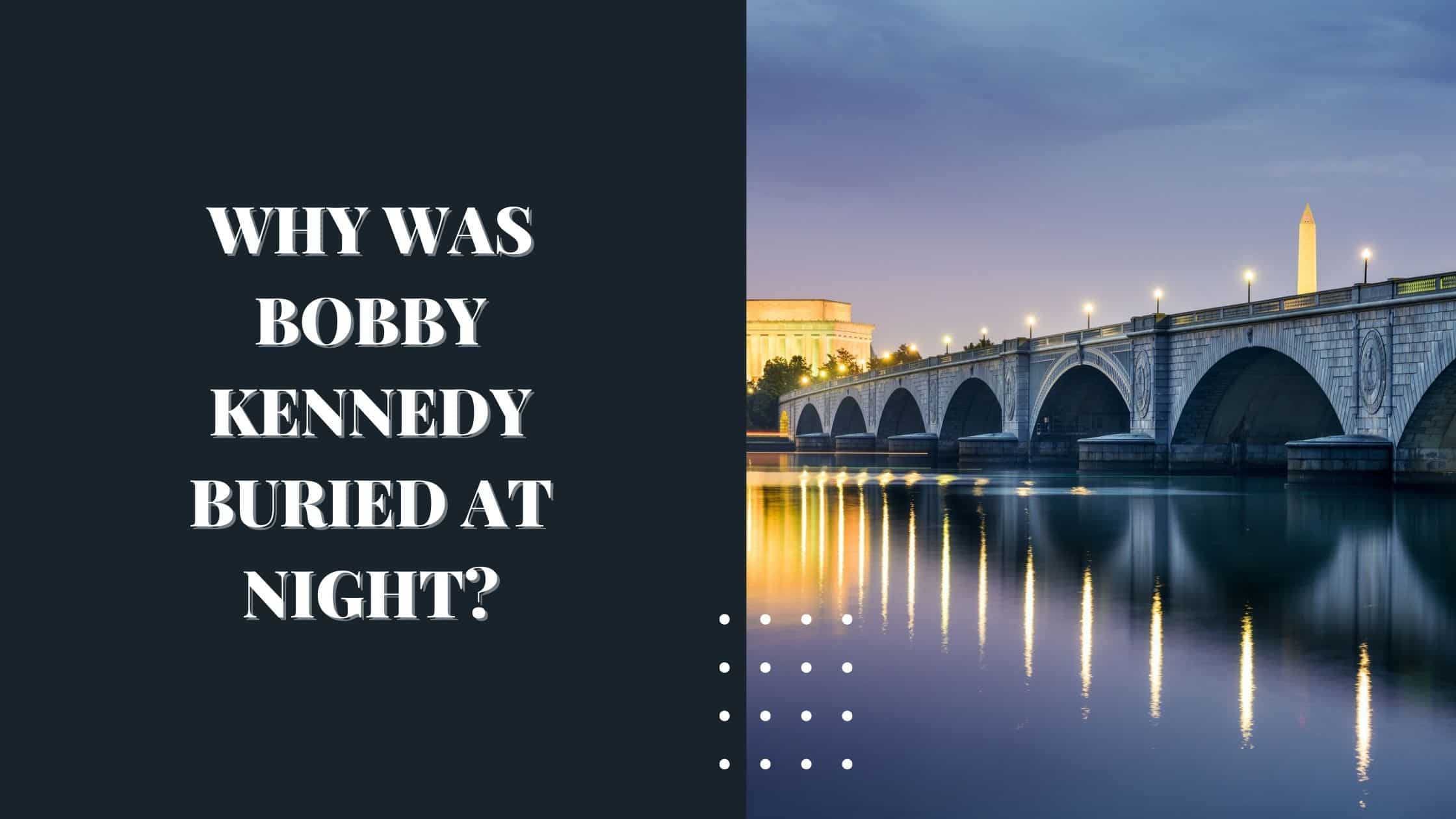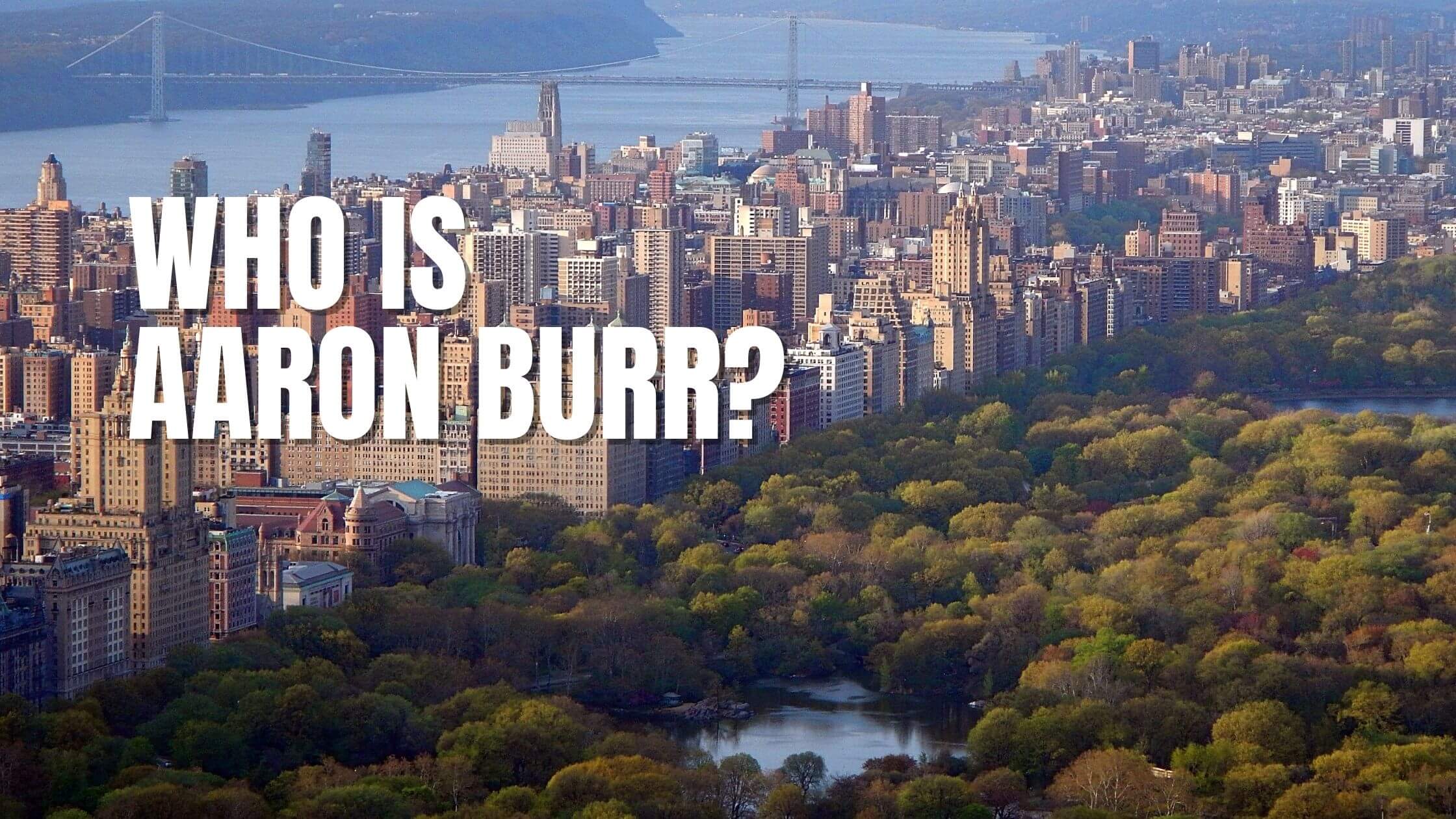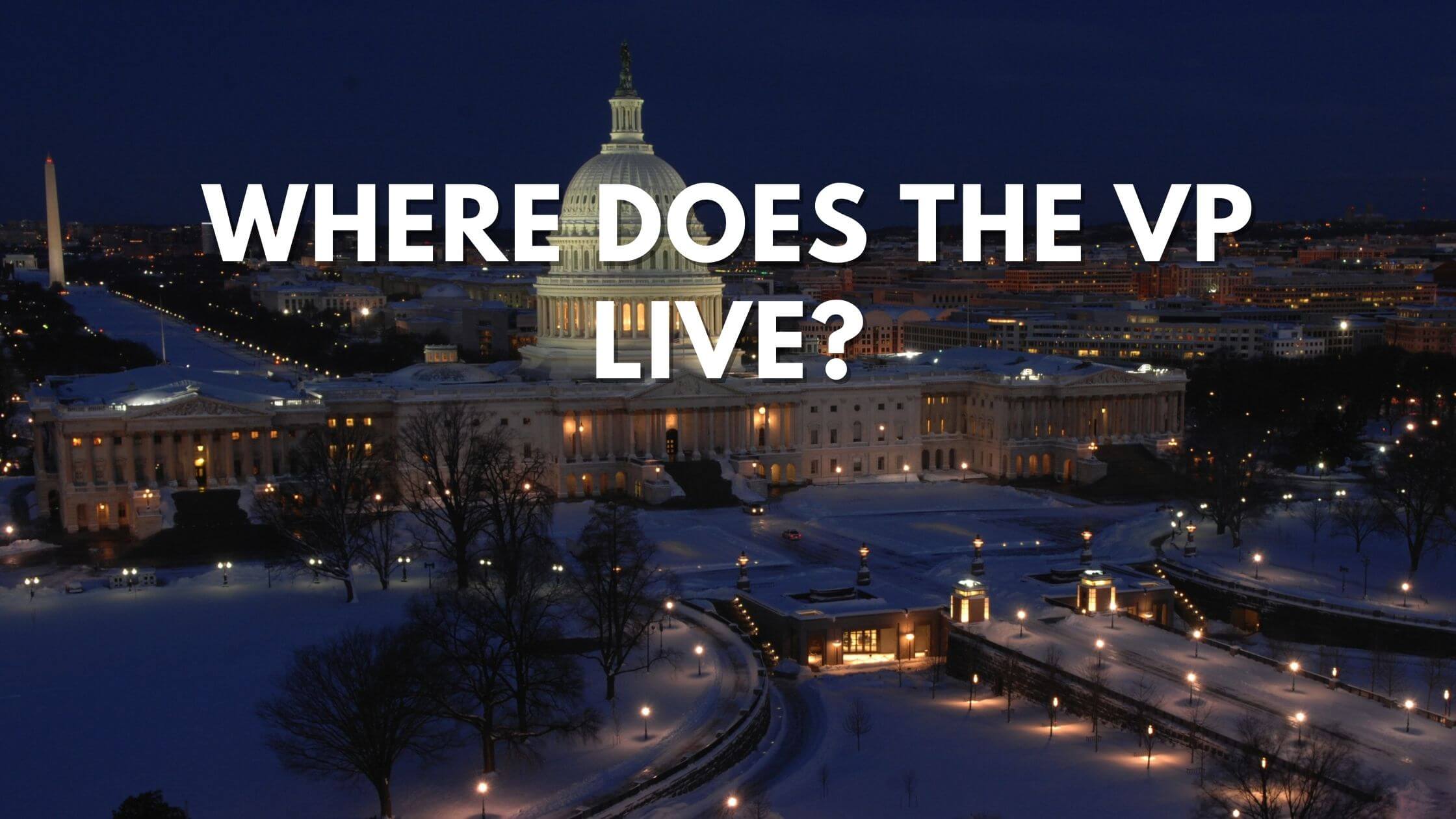Table of Contents
ToggleThe death of Robert Kennedy shocked the world, particularly in the wake of the assassinations of President John F Kennedy in 1963 and Dr. Martin Luther King just two months prior.
Senator Kennedy’s funeral and procession to his final resting place attracted many mourners seeking to pay their respects. However, the odd thing about his burial was that it happened at night.
Night-time burials are rare for such high-profile funerals, so why was Bobby Kennedy buried at night?
The nighttime burial of Robert Kennedy was an unusual and unplanned ceremony. Delays began when crowds along the train route slowed the funeral train, and two people were tragically killed in Elizabeth, New Jersey, trying to greet it.. These events led to last-minute alterations and a candlelight service.
The Assassination of Robert Kennedy
Robert Kennedy was assassinated at the Ambassador Hotel in Los Angeles at 12:50 am on June 5th, 1968, shortly after giving a victory speech in the California presidential primary elections.
A gunman, Sirhan Sirhan, shot Kennedy three times, wounding bystanders in the process.
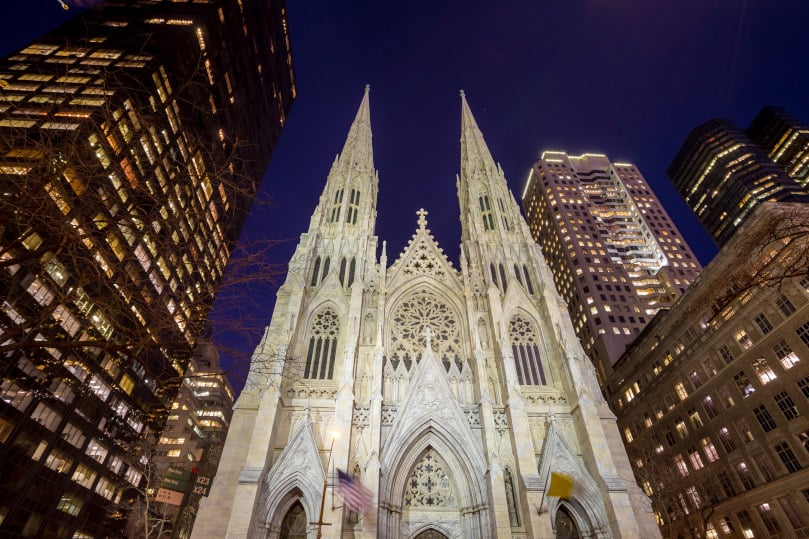
Kennedy was shot on June 5, 1968, and died hours later. His body was returned to New York for public mourning.
Funeral Train Delayed by Crowds
Robert Kennedy’s coffin traveled by train to Washington from New York, where he was to be taken to Arlington Cemetery in a funeral procession.
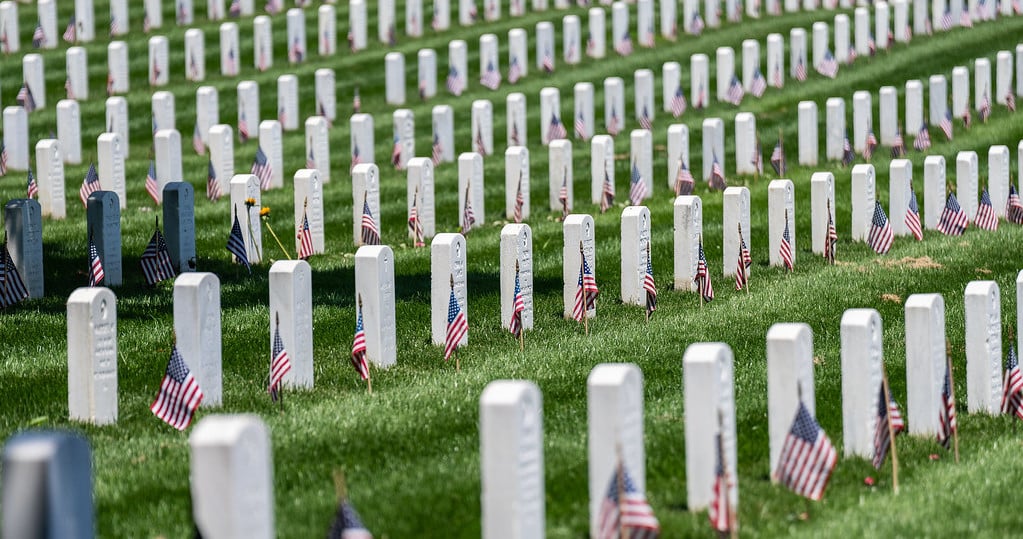
Usually, the journey between the two cities would have taken around four hours, arriving in Washington at around 5 pm. However, the number of mourners gathering near the tracks along the journey caused lengthy delays.
Tragically, two people were struck and killed by a separate train in Elizabeth, New Jersey, while trying to greet the funeral train.
The safest thing to do was to slow the train down, but this meant the journey took around twice as long as it should have. The train finally arrived at Union Station just after 9 pm.
These delays led to the coffin not reaching the graveside until much later than planned, leading to alterations in the ceremony and a unique night-time service.
Arrival in Washington and Delayed Burial
The final stage of the journey was to get the coffin to its last resting place in Arlington Cemetery. It was already getting late by this point, but the ceremonial proceedings were far from over.
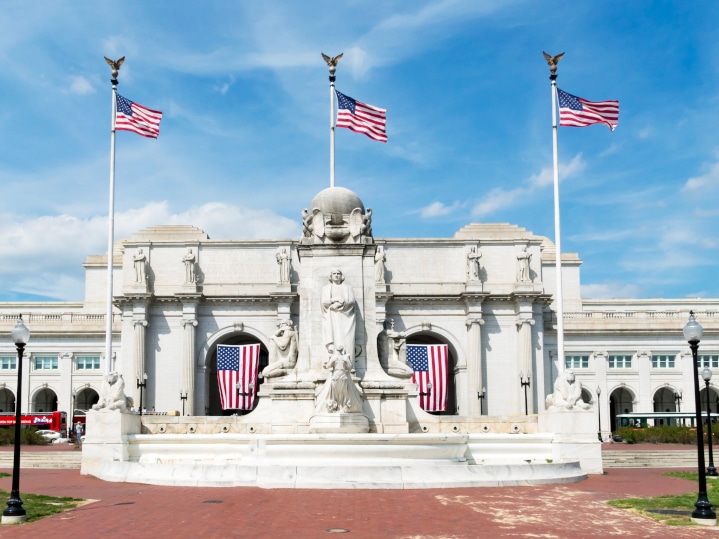
The procession stopped at the Lincoln Memorial, where the United States Marine Corps Band played “The Battle Hymn of the Republic.”
When the motorcade finally arrived at Arlington, it was 10:24 pm. The burial ceremony, due to begin at 5:30 pm, actually began at 10:30 pm in the dark.
A Candlelight Ceremony
Although this was not part of the original plan, mourners held candles during the burial, creating a candle-lit ceremony. The candlelight helped illuminate the graveside and mourners in a beautiful display.
Senator Kennedy’s family and astronaut John Glenn took part in the ceremony with the flag draped over Bobby Kennedy’s coffin.
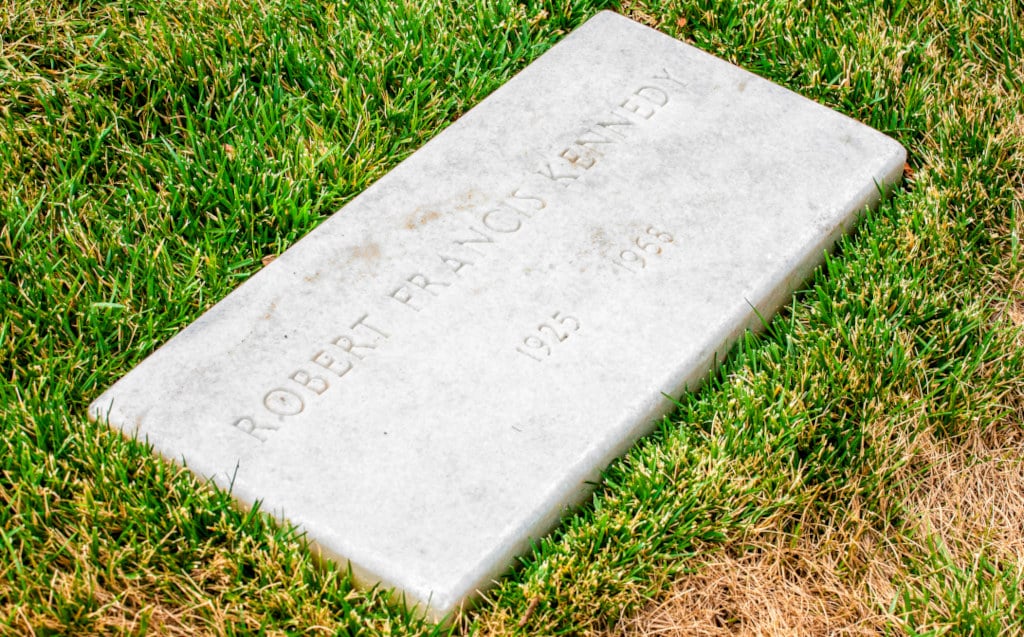
Another last-minute change to the ceremony was the cardinal conducting it. The original choice, Cardinal Richard Cushing of Boston, became ill during the journey to Washington. Cardinal Patrick O’Boyle, Roman Catholic Archbishop of Washington, DC, replaced him.
After these changes and the long delays in this complex journey to Arlington, the graveside burial ceremony lasted just 15 minutes. It may have always been due to be this long or was perhaps shortened to accommodate the mourners present.
Is Bobby Kennedy the Only Person Buried in Arlington at Night?
No, he is not. Some have claimed this was the first nighttime burial at Arlington for a high-profile figure, but other evening burials have occurred, though they are rare.
Another Kennedy family member, Senator Ted Kennedy, was recently buried at night in 2009 after dying of a brain tumor.

Get Smarter on US News, History, and the Constitution
Join the thousands of fellow patriots who rely on our 5-minute newsletter to stay informed on the key events and trends that shaped our nation's past and continue to shape its present.
Was Arlington Bobby Kennedy’s Chosen Resting Place?
Some have speculated about the unusual timing of the burial, but part of the reason may be simple logistics. Arlington wasn’t Robert Kennedy’s preferred resting place.
He had reportedly wanted to be buried in Massachusetts with his parents. But the decision to bury him at Arlington meant a long funeral train journey from New York to Washington, a key reason for the delay.
Several other Kennedy family members are buried in that area, and RFK’s final resting place lies just 50 feet from President Kennedy’s grave.
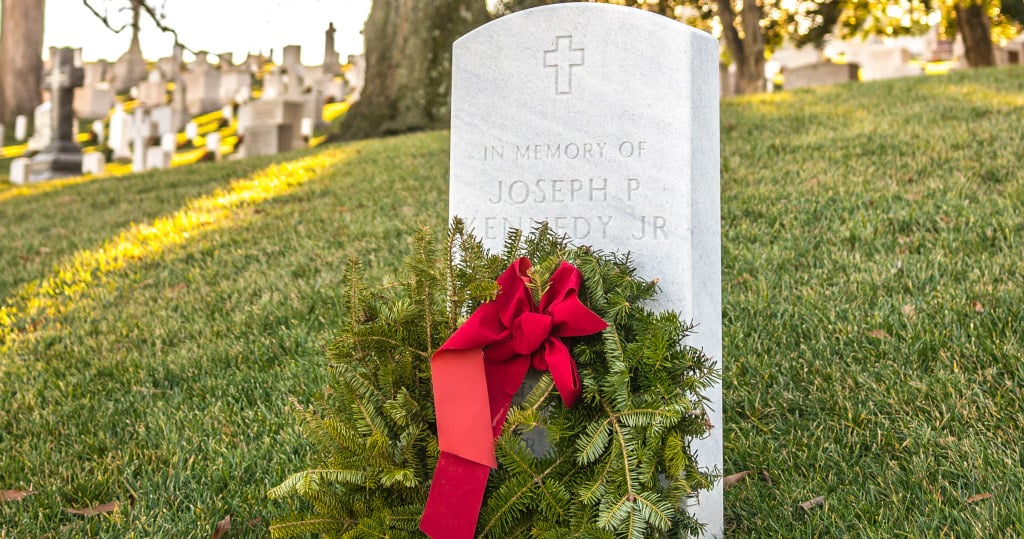
Why Arlington Was Chosen For RFK’s Burial
Had he been buried in Massachusetts, the delays and candlelight ceremony might not have occurred.
However, this also wouldn’t have allowed for the high-profile ceremonial motorcade through Washington, nor the chance for so many people to watch the train pass by and pay their respects.
The final candle-lit ceremony was a unique and moving one that allowed mourners the chance to say goodbye to a beloved politician.
Moreover, the move to Arlington made sense for the family legacy.
Nighttime burials at Arlington remain rare. Robert Kennedy’s being buried at night was a unique moment in U.S. history.
Sources:
John F. Kennedy Presidential Library and Museum. (n.d.). Robert F. Kennedy: Funeral and burial. Retrieved August 7, 2025, from https://www.jfklibrary.org/learn/about-jfk/the-kennedy-family/robert-f-kennedy
The New York Times. (1968, June 6–9). Coverage of Robert F. Kennedy’s assassination, funeral, and burial. [Archived print editions]. Available via library or newspaper archives.
The Washington Post. (1968, June 8–9). Coverage of RFK’s funeral train and Arlington burial. [Archived print editions]. Access via ProQuest Historical Newspapers or similar archival databases.
United States Senate Historical Office. (n.d.). Robert F. Kennedy biography and Senate record. Retrieved August 7, 2025, from
Arlington National Cemetery. (n.d.). Burial record: Senator Robert F. Kennedy. Retrieved August 7, 2025, from https://www.arlingtoncemetery.mil/Explore/Monuments-and-Memorials/Robert-F-Kennedy-Gravesite
NBC News Archives. (1968). Robert F. Kennedy funeral train and burial footage. Retrieved via NBC News archival services or associated licensing platforms.
Thomas, E. (2000). Robert Kennedy: His life. New York: Simon & Schuster.
